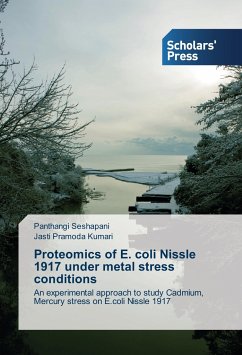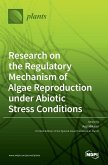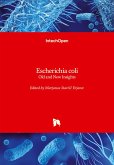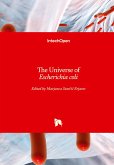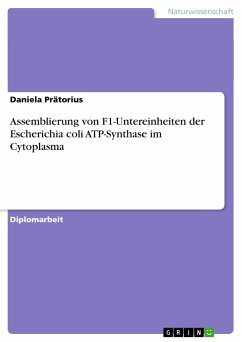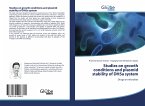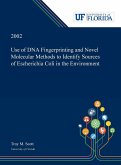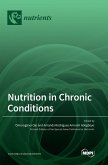Proteomics has begun to provide insight into the biology of microorganisms. Emerging proteomic technologies promise to increase the throughput of protein identifications from complex mixtures and allow for the quantification of protein expression levels. Proteome coverage is inversely proportional to the overall number of predicted genes/proteins, which means that organisms with relatively smaller genomes tend to have higher percentages covered using proteomics. Beyond providing a basic understanding of microbial gene expression, proteomics has also played a role in medical areas of microbiology. Progress has been made in the use of the techniques for investigating the epidemiology and taxonomy of human microbial pathogens, the identification novel pathogenic mechanisms and the analysis of drug resistance. In each of these areas, proteomics has provided new insights that complement genomic-based investigations. This book explains the response of a probiotic strain Eschericia coli Nissle 1917 to heavy metal stress. Authors experimentally illustrates the protein profiles of probiotic E. coli Nissle 1917 grown under heavy metals stress i.e. Cadmium and Mercury.

